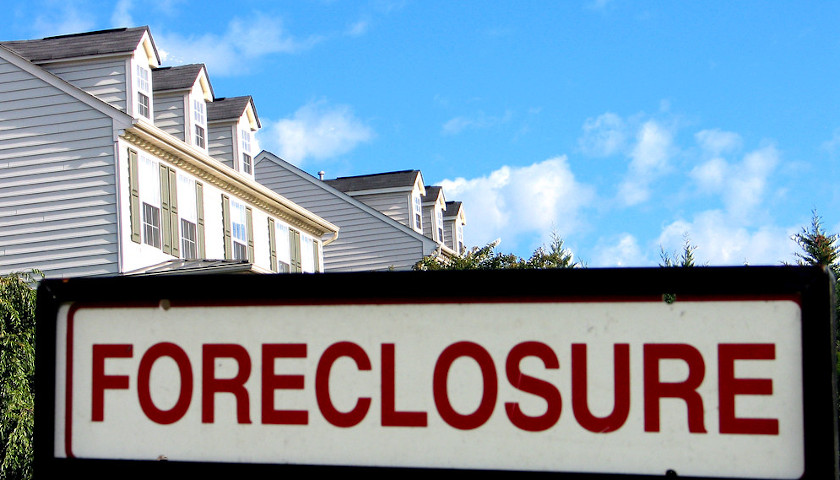by Scott McClallen
A 92-year-old is fighting in the 8th Circuit Court of Appeals for $25,000 of lost equity in her former Minneapolis condo after Hennepin County seized and sold it to settle a $15,000 tax debt and kept the difference.
Geraldine Tyler moved out of her Minneapolis condo in 2010 because of rising crime but couldn’t pay both her condo’s property taxes and rent on her new apartment.
Her initial $2,300 debt ballooned to $15,000, counting penalties, interest, and fees.
In 2015, Hennepin County sold Tyler’s condo for $40,000 to settle the tax debt but pocketed Tyler’s $25,000 in equity.
Tyler sued, and the first court dismissed the lawsuit, saying there’s no way for Tyler to prevail because the action was legal under current state law. Tyler appealed to the 8th Circuit Court of Appeals.
Tyler’s case alleges that the county violated the federal and state takings clause, excessive fines clause, and substantive due process clause by taking more than it was owed.
Pacific Legal Foundation (PLF) lawyer Christina Martin argued Tyler already paid her $15,0000 debt.
“It’s not right for government to take more than it’s owed,” Martin told The Center Square in a phone interview. “Essentially what they’re doing here is saying, ‘you owe us this amount of money, and we’re going to take everything and keep the change.’”
Martin said the states protected people’s right to equity in their property from the time of the founding through adopting the 14th Amendment.
Hennepin County didn’t respond to a request for comment.
Martin said the state legislature should look at this problem.
“The equity that people have in their homes is property, and it’s protected by the U.S. and Minnesota Constitutions,” Martin said in a statement. “Although the government can take property to settle tax debts, it can’t take more than it is owed. Doing so amounts to unlawful home equity theft.”
Tyler isn’t the only Minnesotan whose equity has been seized after settling property tax debt. Between 2014 and 2020, more than a thousand Minnesota families lost their homes and all their home equity for tax debts that averaged 8% of their homes’ value, PLF says.
Other Midwest states have outlawed this practice.
Last year, the Michigan Supreme Court found a similar law unconstitutional, ruling unanimously that counties can’t additionally profit from tax-foreclosed homes without justly compensating the former property owner.
“These fundamental principles – that the government shall not collect more taxes than are owed, nor shall it take more property than is necessary to serve the public – protect taxpayers and property owners alike from government overreach and have remained a staple in Michigan’s jurisprudence,” Justice Brian K. Zahra wrote in the opinion.
PLF teamed with attorneys from Charles Watkins of Guin, Stokes & Evans, LLC, and Reinhardt Wendorf & Blanchfield, and Teske Katz, PLLP, to defend Tyler free of charge.
– – –
Scott McClallen is a staff writer covering Michigan and Minnesota for The Center Square. A graduate of Hillsdale College, his work has appeared on Forbes.com and FEE.org. Previously, he worked as a financial analyst at Pepsi.
Photo “Foreclosure Sign” by Taber Andrew Bain. CC BY 2.0.




